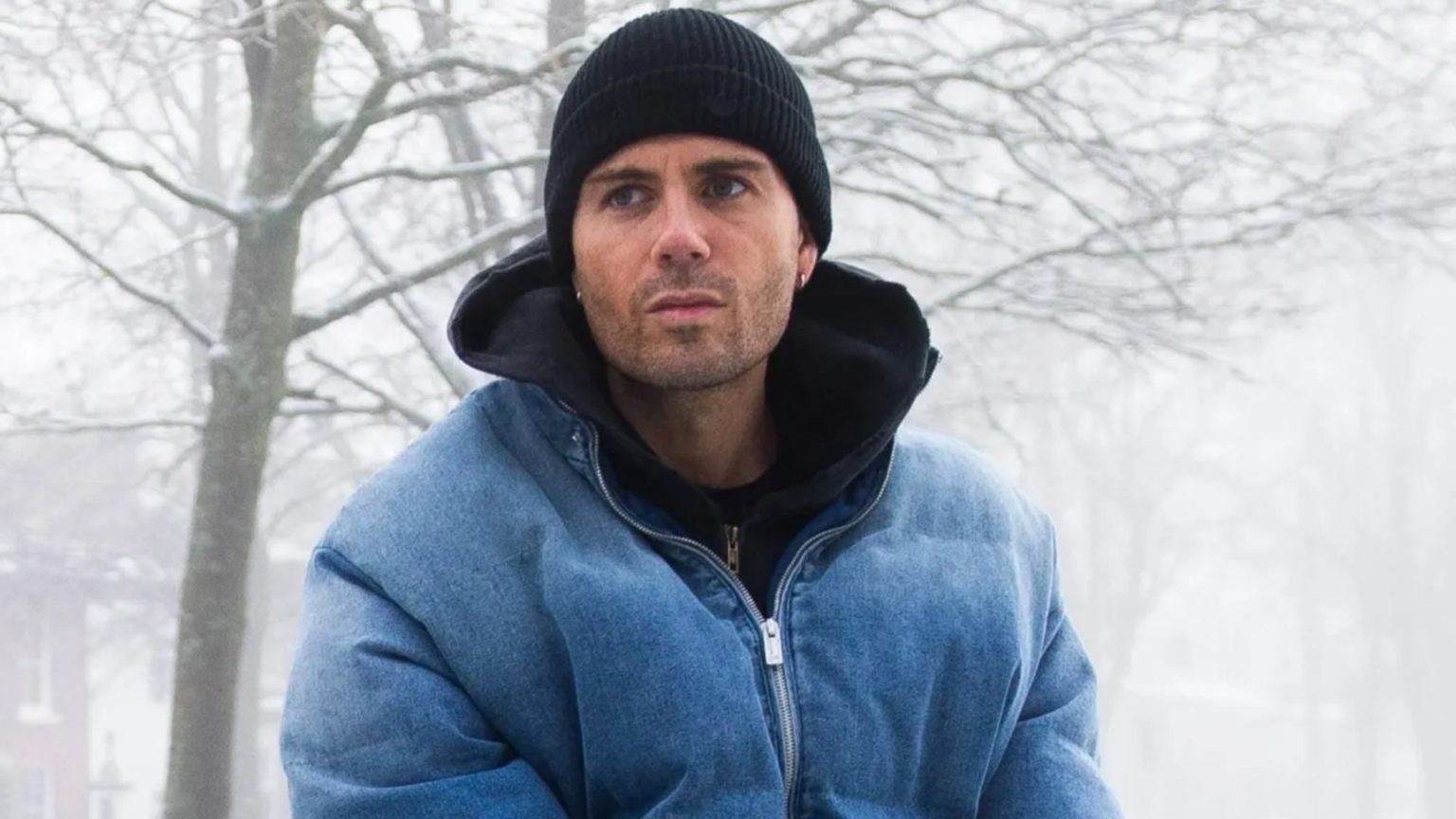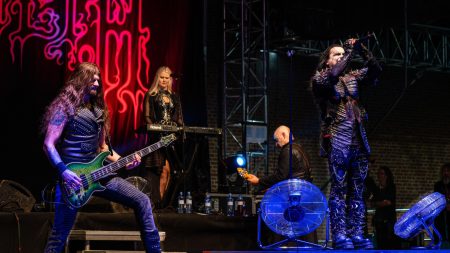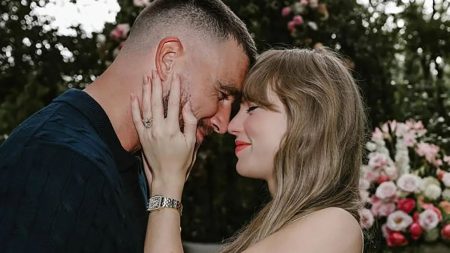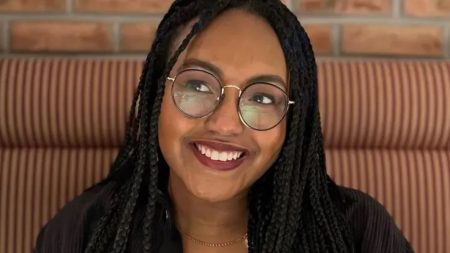Max George, the 36-year-old singer from The Wanted, recently endured a terrifying health crisis that led to life-saving pacemaker surgery. The ordeal began in December 2023, while staying at his mother’s home in Manchester after returning from a US tour. Initially experiencing vague symptoms of lethargy and feeling unwell, Max awoke one morning with alarming signs: blue hands, grey arms, and an overall feeling of coldness. Recognizing the severity of the situation, his mother, Babs, a healthcare worker, checked his vitals and found his blood pressure and pulse alarmingly low.
A visit to their GP provided no immediate answers, and Max was sent home. However, Babs, persistent in her concern, urged him to contact a doctor friend who advised immediate admittance to the A&E. Max’s condition rapidly deteriorated, experiencing a frightening sensation of his throat closing and an overwhelming sense of fatigue. At the hospital, doctors diagnosed a serious heart rhythm problem, explaining that the signal between the upper and lower chambers of his heart was disrupted, affecting the vital pumping of blood throughout his body. The devastating news followed: Max needed a pacemaker.
The sudden diagnosis and the gravity of the situation sent shockwaves through Max. He immediately informed his girlfriend, actress Maisie Smith, who was hundreds of miles away performing in a pantomime. Despite the emotional turmoil, they decided Maisie should continue her work, supported by her colleagues, while Max remained in the hospital with his family. Facing the stark reality of his condition, Max spent a sleepless night grappling with fear and anxiety. The doctors explained that without intervention, he could have mere weeks or even hours to live. The thought of his potential demise prompted him to write a will on his phone, outlining his wishes for his partner, family, and nephews.
Confined to the heart ward, surrounded by patients decades older, Max’s anxiety intensified. On December 13th, his condition worsened dramatically. His heart rate plummeted to a dangerously low 26 beats per minute, and his blood pressure also dropped. With the specialist surgeons unavailable for immediate intervention, Max endured the terrifying sensation that he was dying. The feeling of his throat closing tightened its grip, and panic engulfed him. Two days later, he braved a grueling, hour-and-a-half CT scan, enduring chilling temperatures that left him feeling like he was freezing to death, his body reminiscent of the iconic scene of E.T. lying in the river.
Finally, on December 18th, a week after his initial hospitalization, Max underwent the crucial pacemaker surgery. Though conscious during the procedure, he was heavily sedated. Even in this state, he witnessed the surgeon’s struggle to insert the leads due to his collapsed veins, a consequence of dehydration and low heart rate. He recalls the surgeon’s bloodied gloves and the unnerving moment when the technician announced “no signal,” indicating the pacemaker wasn’t functioning. The tension was palpable. However, the device eventually sprang to life, marking a turning point in Max’s ordeal.
As Max began to regain awareness after the surgery, he was greeted by the comforting sight of Maisie, who had rushed to his side from her panto performance. The moment was charged with emotion, as Max felt a surge of renewed life. His heart rate normalized, and he felt the tingling sensation of blood flowing properly through his body. The presence of his loved one, her head resting on his chest, brought a sense of normalcy and joy back into his life. He felt like a real person again.
Following his release from the hospital on December 23rd, Max began his recovery at home, finding solace in walks with his bulldog, Albert. He took to social media to share his experience, connecting with others who had faced similar challenges. The outpouring of support and shared stories provided him with strength and inspiration. Max expressed immense gratitude for the unwavering care of the hospital staff, particularly the nurses who provided constant support and comfort throughout his ordeal. He is now on the road to recovery, grateful for the second chance at life.











